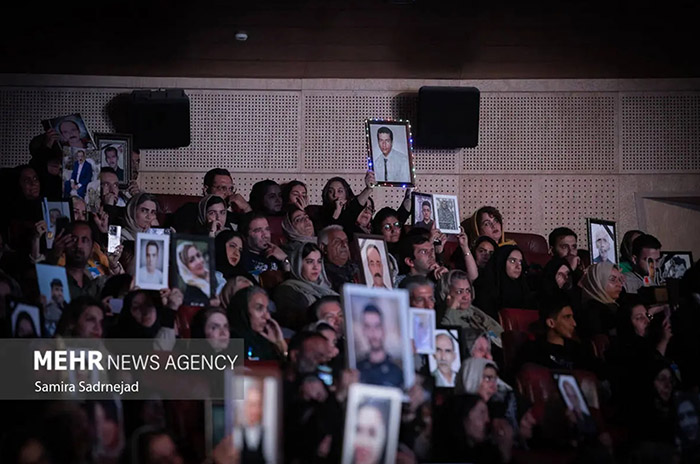Why We Celebrate the Soul
But why call it a celebration, some might ask, when the air is so thick with sorrow?
Because in the abyss of mourning, these families choose to give rather than retreat, to extend life rather than guard memory. They choose to see their loved one not just as a name on a tombstone, but as a force that continues to act in the world. That choice is not only brave—it is sacred.
The Celebration of the Soul is thus not merely symbolic. It redefines the cultural architecture of death. It shifts the focus from loss to legacy, from tragedy to continuity. It creates a communal space where families are not alone in their grief, where their pain is recognized, and their decision is celebrated.
Moreover, it challenges societal taboos. In many cultures, discussing organ donation remains difficult. The ceremony transforms what is often a private burden into a public act of civic and spiritual generosity. It fosters transparency, builds trust, and opens dialogue between the medical community and the public.
Medical Science Meets Spiritual Meaning
From a medical perspective, organ donation is one of the most advanced and awe-inspiring feats of modern science. But what makes it resonate so deeply is its spiritual magnitude. In a world increasingly defined by individualism, organ donation is the ultimate act of interconnectedness. One person’s lungs become another’s breath. One liver sustains a father’s life. One pair of eyes allows a girl to see again.
In the Celebration of the Soul, these scientific miracles are placed within a moral and emotional framework. Medical personnel are not just professionals—they are stewards of life. Families are not just mourners—they are creators of second chances.
And the recipients? They are living testaments to the fact that life, in its most profound sense, is a shared gift. Their gratitude is not a repayment—it is a continuation.

